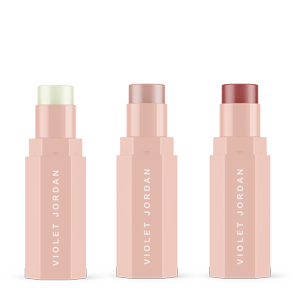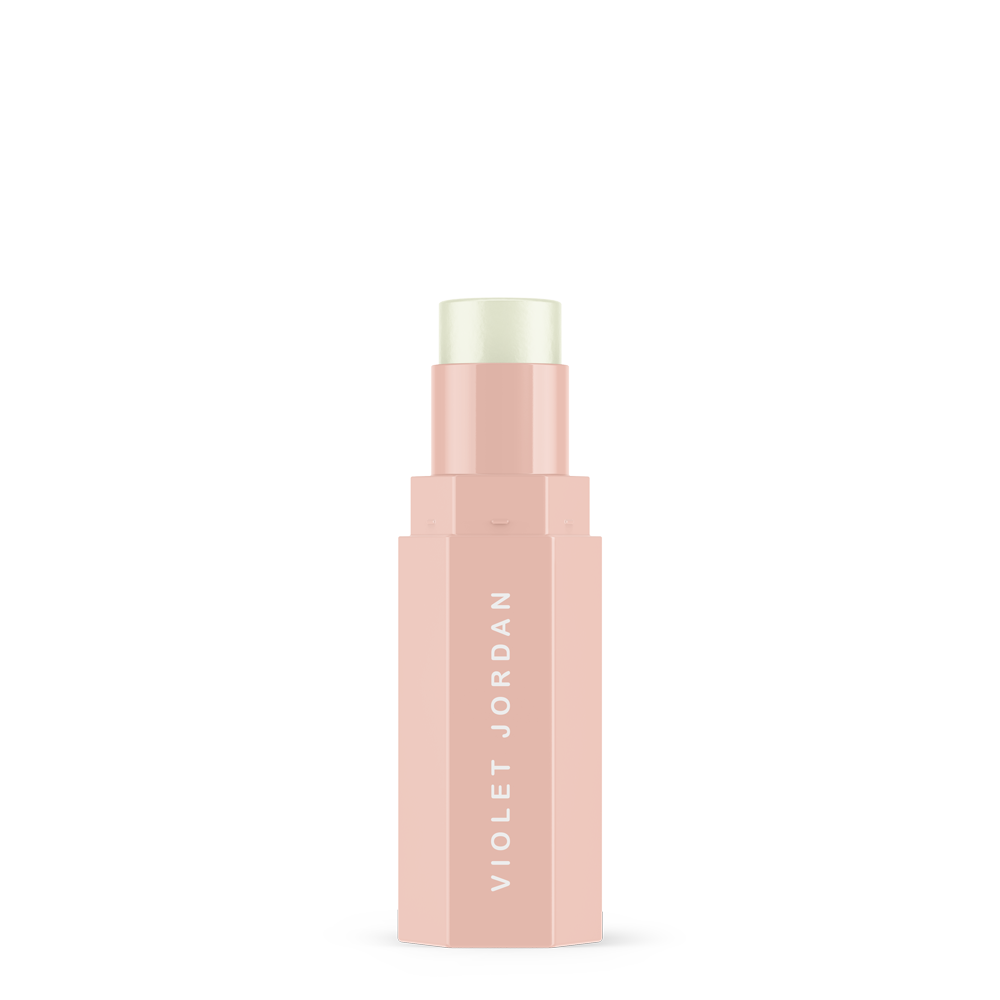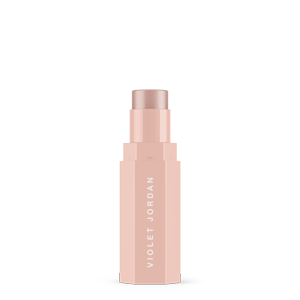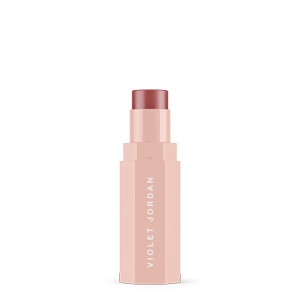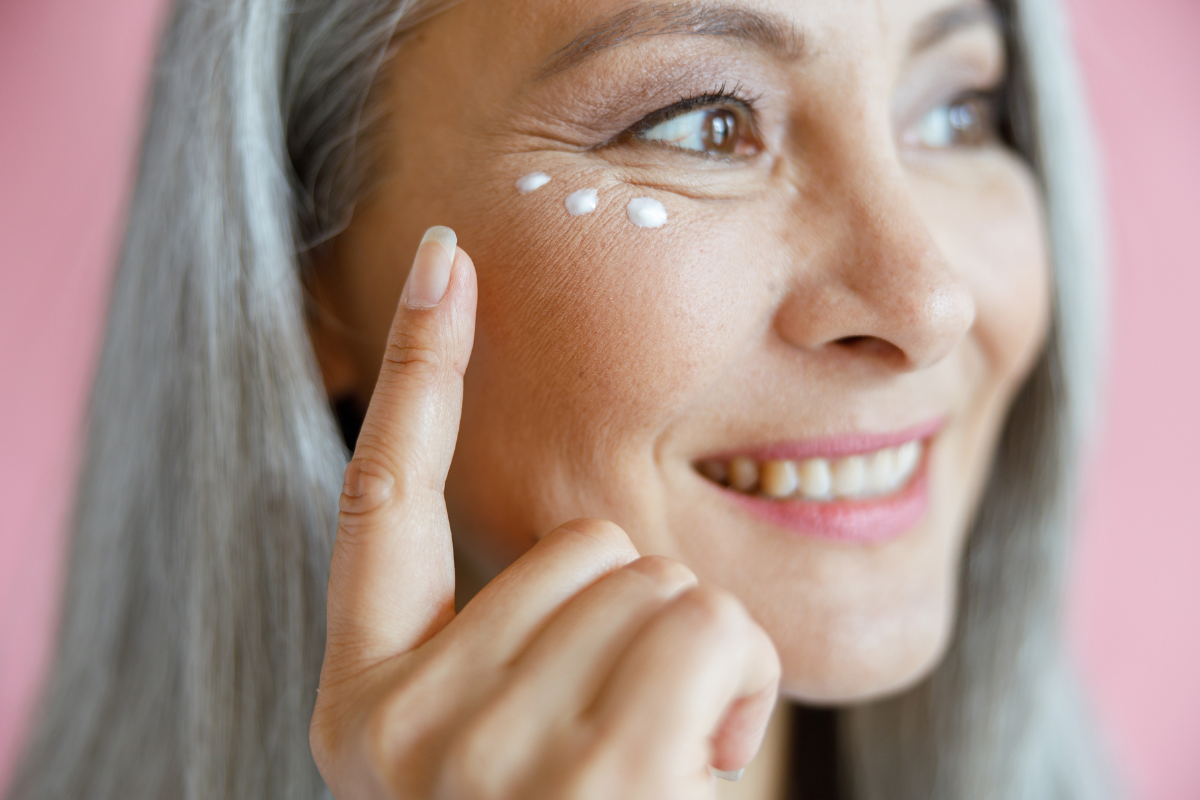
“When the skin is properly hydrated, it’s able to carry out its innate function, which is to act as a natural barrier to any external and harsh elements,” says Michele Green, M.D., a New York-based board-certified cosmetic dermatologist.
Before we pore over some steps, let's test your skin’s hydration level. Using your thumb and index finger, pinch the fleshy part of your skin where the cheek and under eye area meet. Your hydration level is indicated by how quickly the skin snaps back into place. The quicker it snaps back, the higher the level of hydration.
Now that we know how much TLC our skin requires, here are some of our favourite methods to improve one's hydration level:
1. Sleeping
When you sleep your body is able to repair itself, this includes your skin. Getting a good 8 hour rest allows your skin to replenish its moisture barrier.
2. Drink enough water
Hydrate your body appropriately, because skin can get dehydrated if the cells underneath the barrier lose too much water. Due to the cells becoming shrivelled when there is a loss of water content. Avoid caffeine which is a dehydrating agent and causes kidneys to work overtime and eliminate water from the body.
3. Skincare
It all begins with how you wash your face. It is important to wash your face with lukewarm water, because hot water has a tendency to dry out our skin. While the skin is still damp, begin applying a gentle hydrating cleanser, you want to avoid cleansers with tree or alcohol due to it stripping the skin from its natural oils.
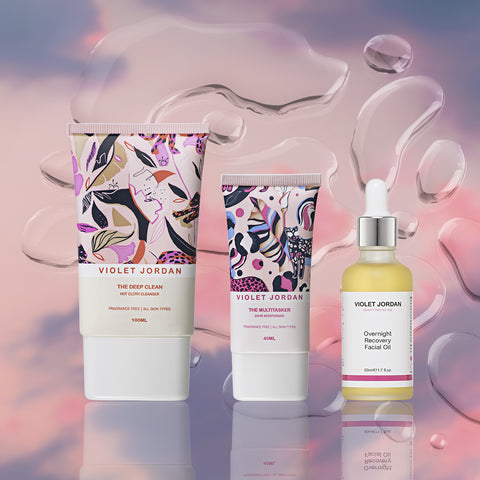
4. Effective ingredients for hydrated skin
Glycerine helps draw water into the skin. Having a moisturiser that contains this ingredient, such as The Multitasker, will be a great help to restore one's skin barrier. Don’t forget the neck and décolletage! The skin in these areas is thinner and more fragile.
Hyaluronic acid is naturally present in the skin but deteriorates as we age. Each of the acid’s molecules can fix the equivalent of 1000 times its water weight. The skin around our eyes becomes frail as time passes and requires some extra love, our Pro-Age Eye Cream has hyaluronic acid and can help reduce the appearance of wrinkle & dark circles with this intense vitamin rich formula.
5. Incorporating overnight replenishers
As we discussed above, when we sleep we are giving our body the opportunity to ‘fix’ our skin. To help your skin maintain its buoyancy treating it to an overnight recovery facial oil with natural retinol and fatty acids will help lock in the moisture as you rest.
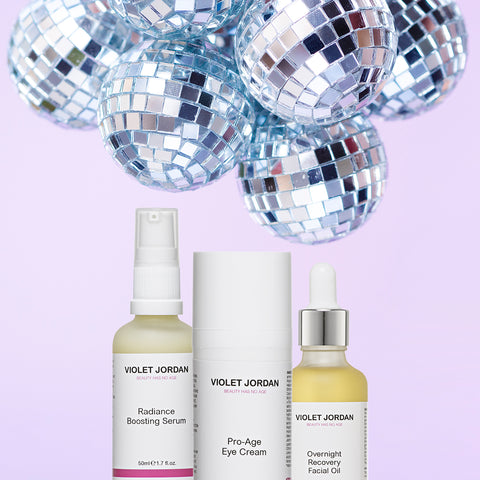
6. Hair care
What you put on your hair will impact your skin, because whatever you put on your hair is bound to rub onto your pillow and get in contact with your body and face skin. Treating your hair to a repair oil over the lengths of your hair will help renourish the strands and prevent more breakage in the colder and drier months.
Another option is bi-weekly to give your scalp a treatment to prevent a flaky scalp and to stimulate the hair follicles for healthy hair growth. Both of these methods are marvellous ways to consistently maintain healthy hair, put them together and you have a magic trick up your sleeve that will leave everyone mesmerised with your glowing hair.
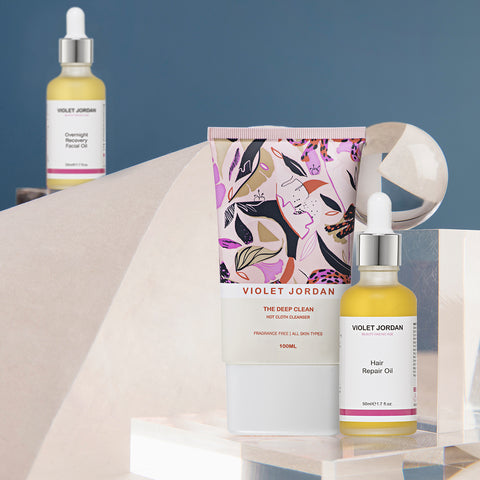
7. Body care
In the colder months our skin tends to dry out more than during the warmer seasons. Just because other people can't see the skin due to it being wrapped in three layers of clothes, does not take away the importance of looking after that skin. Luxuriate in a body oil that intensely nourishes the skin's upper layers which helps with the appearance of dry skin.
8. Hands and Nails
Our hands are out in the world all year round. Just like our face and neck, the skin on the hands is quite thin and quick to show signs of injuries and aging. It is important to invest in a high-quality hand cream that will nourish and protect the skin and strengthen the nails. Having ingredients such as shea butter, vegetable glycerine, and fatty oils all help the longevity of your hands.
We hope that this has aided you with being well equipped for the colder months. Keep an eye out for future blogs on how to overcome future queries. And if you have any more suggestions, leave it in the comments to help us all out.


